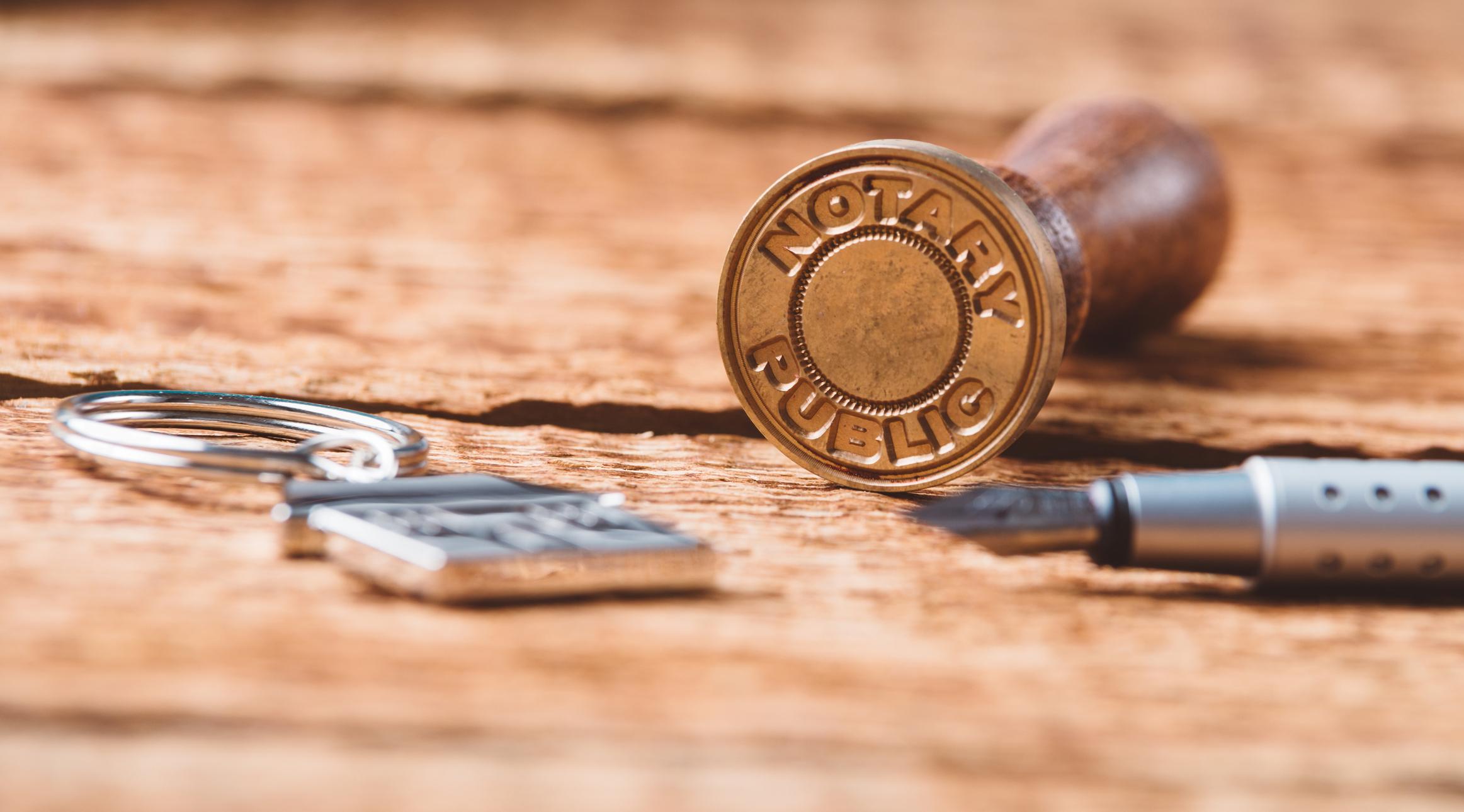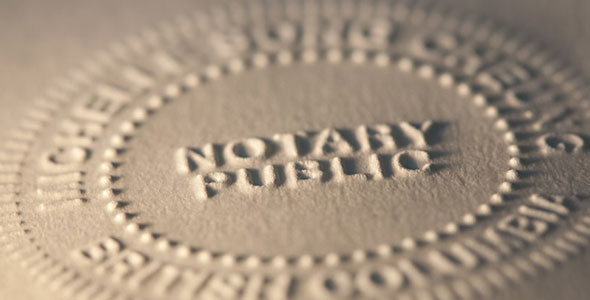Taking Care Of Deceased Estate Issues: Support With Legal Procedures
Demystifying Notarial Work: Simplifying the Function and Importance of Notaries
Their function, commonly shrouded in enigma for lots of, lugs substantial weight in making certain the legitimacy and honesty of crucial documents. By unraveling the intricacies shedding and bordering notarial practices light on the relevance of their acts, a more clear understanding emerges of the essential duty notaries play in maintaining the material of legal and contractual arrangements.
The History of Notarial Job
How did notarial work develop over time to become an important part of legal and business deals? The background of notarial work go back to old people, where scribes played an important function in videotaping vital details and validating records. As societies advanced, the requirement for a more formalized system to ensure the credibility of agreements occurred. This led to the advancement of notaries, people designated by the state to serve as neutral witnesses in lawful matters.
During the Middle Ages, notaries gained prominence in Europe, with their functions expanding to include composing lawful files, licensing signatures, and protecting records. The surge of international trade additionally stressed the relevance of notarial work in confirming agreements and agreements across boundaries.
In the modern-day age, notaries continue to play a vital role in legal and company purchases by verifying identities, verifying the authenticity of records, and protecting against fraudulence. Their duty in licensing the validity of contracts adds a layer of safety and security and depend the ever-evolving landscape of business and legislation.

Tasks and Duties of Notaries
Notaries play a vital function in validating the credibility of documents and the identification of signatories. One of their main duties is to witness the finalizing of crucial papers, such as agreements, wills, and actions, to ensure that all celebrations are entering into arrangements purposefully and willingly.
Additionally, notaries are tasked with carrying out affirmations and vows, which are crucial in legal process and the implementation of sworn statements. They accredit copies of initial documents, offering guarantee to organizations that the duplicates are true replicas of the originals. Notaries should keep accurate records of all transactions they look after to make certain openness and accountability. Overall, the duties and obligations of notaries are important in securing the honesty and legitimacy of numerous records and purchases.
Notarial Certificates and Signatures
Exemplifying careful interest to information, notarial certifications and trademarks act as essential parts in confirming the credibility of legal records. Notarial certifications commonly include critical info such as the date of registration, the names of the notaries, a summary of the file, and the notary's official seal. These certifications provide a clear record of the notarial act, guaranteeing that the document can be conveniently determined and traced back to the notary that managed the process.
Trademarks play a crucial function in notarial job, as they represent the agreement and authorization of the celebrations involved. Notaries thoroughly witness the signing of documents to validate the identity of the notaries and confirm that they are signing of their own cost-free will. By fastening their main seal and trademark to the record, notaries accredit that the necessary procedures have been followed which the record is enforceable and legitimate.
Fundamentally, notarial certifications and signatures are the hallmark of authenticity in lawful transactions, supplying guarantee to all events involved that the documents are legit and binding.
Relevance of Notarial Acts

Notarization Process Discussed
The registration procedure commonly starts with the specific providing the file to a notary additional info public. Once the identification is confirmed, the notary ensures that the specific authorizing the file does so voluntarily and without any threat.

Conclusion

Notarial certifications normally contain important information such as the day of registration, the names of the signatories, a description of the paper, and the notary's official visit this page seal. These certificates supply a clear document of the notarial act, ensuring that the record can be quickly determined and mapped back to the notary that oversaw the process.
By attaching their official seal and signature to the paper, notaries certify that the required procedures have been complied with and that the record is legitimate and enforceable.
By validating the identification of the notaries, validating their willingness to get in right into the arrangement, and licensing the date and place of the signing, notaries play a crucial duty in supporting the validity of legal records.After the document is signed, the notary will affix their main seal or stamp onto the record.